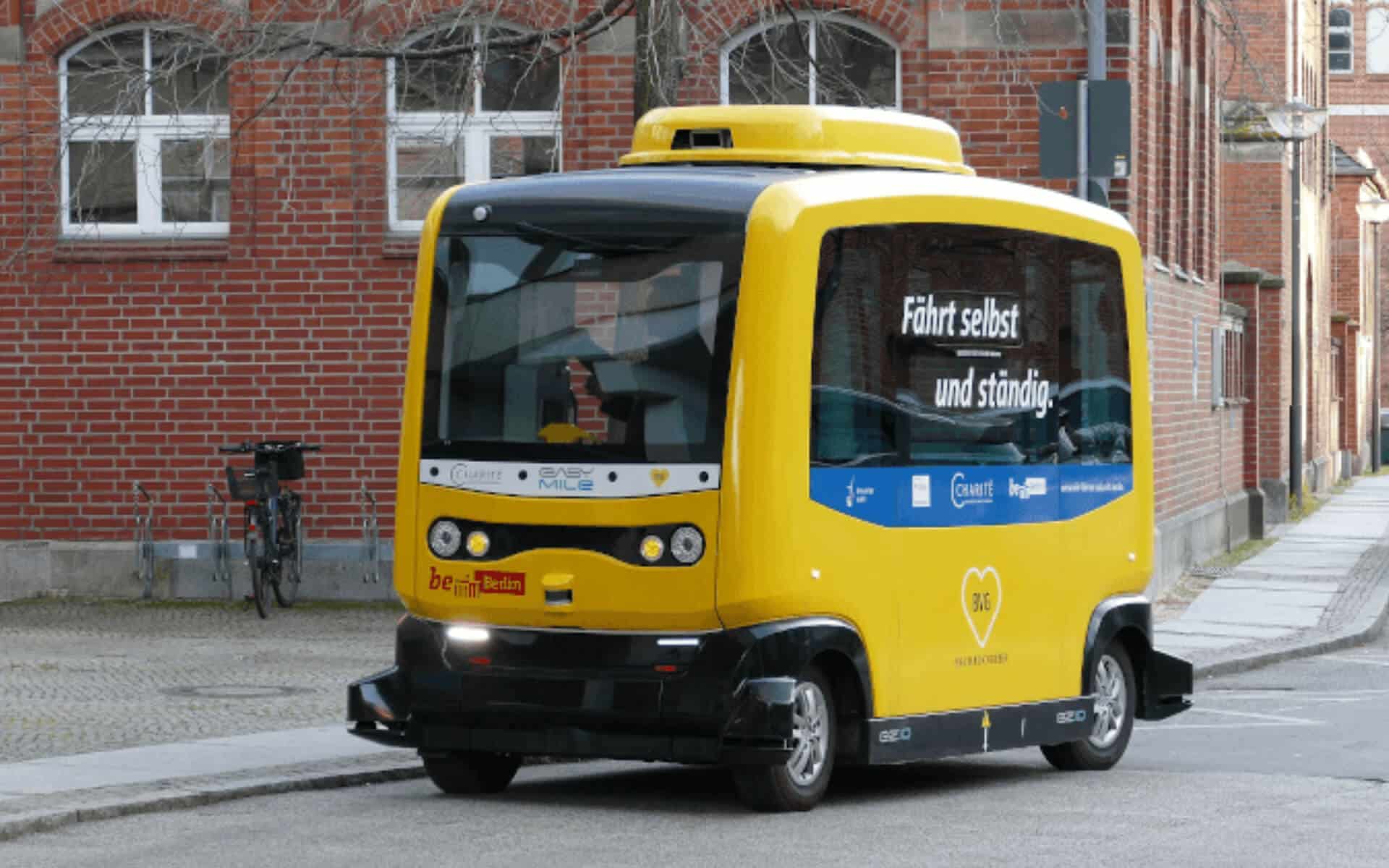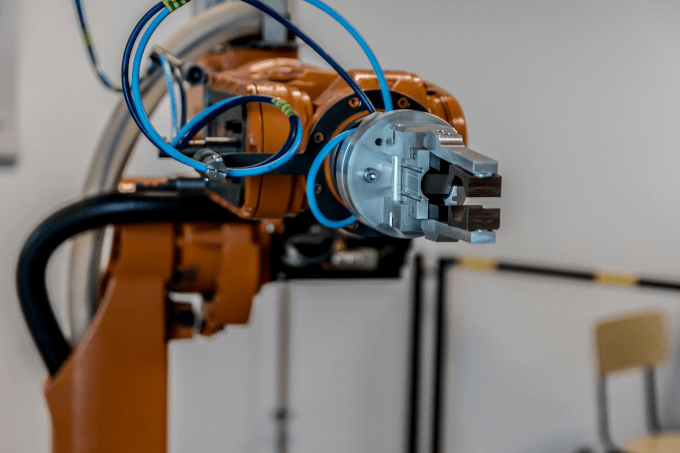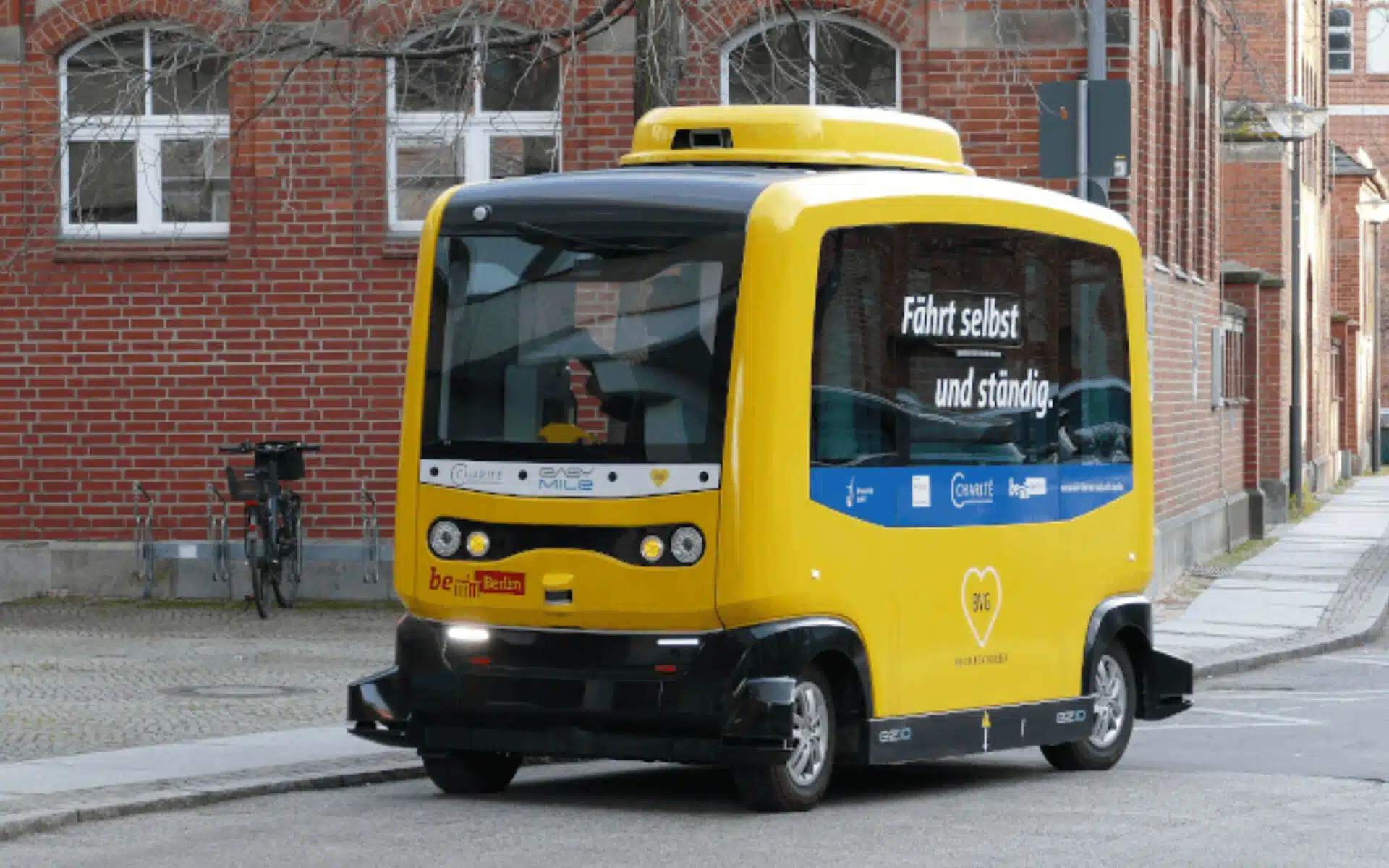Episode 50
I cannot believe it, but here is episode 50! I thought the creative well would run dry, but here we are. It is a good time to reflect on past content and revisit the core ideas that form the foundation for the blog series. Staying technology relevant can be broken up into a few components, being mindful of the external environment and establishing practices that value humility, experimentation, and collaboration.

An organization uses its core competencies to efficiently use resources (land, labour, and capital) to provide a product or service to the market. Firms thrive when they can produce a good or service that is at a lower cost, better quality, or unique from their competitors. Traditionally, this differentiation came from sourcing cheaper labour or investing in economies of scale. Today, differentiation is nearly always facilitated through the deployment of technology: Spreadsheets, enterprise systems, machine learning, or cloud technologies. Software has consumed the world. What has always remained is the constant acceleration of technological improvement. The acceleration of technological innovation increases the likelihood that an organization will face not just one existential threat, but many over the span of a single individual’s working career.
We live in a world with ubiquitous software automation; however, we sit on the eve of a robotic automation revolution. Autonomous everything will likely sweep the world at a similar pace as the smartphone, a product we cannot imagine our life without. Understanding this titanic shift is essential to staying technology relevant. It is not unrealistic to imagine a world where a consumer makes a purchase directly from the factory and then the products are delivered directly to the front door and with no direct human involvement. Big data and rapidly developing artificial intelligence stand to revolutionize nearly every facet of our economy. While I cannot speak for everyone, I absolutely love that curbside pickup is now commonplace, not to mention the perk of home delivery while working at home. When we take changing buying preferences and robotic automation into consideration the core operating structure of most businesses will need to change. Large retail spaces could evaporate into micro-pickup hotspots, factory to front door delivery, or curbside/drive-through. Many retail business models are dependent on suppliers paying for ideal locations on shelf space, if consumers stop walking into stores, this model breaks down.

It is my view that there are three core values that are essential for an organization (and individual) to build the competencies to stay technology relevant. We all want to feel like we are an expert in something. Becoming knowledgeable and having confidence in one’s knowledge in an area is essential, however, be humble and accept that there is always more to learn. Today’s problems may not be solved using the methods of yesterday. Experimentation is required, as only through this process can new knowledge be generated. Test assumptions and fail fast, learn, and repeat. Lastly, the problems we face are far larger than any single individual can solve and only through working with multidisciplinary teams can organizations remain technology relevant, innovate, and operate both at scale and with precision. I consider these values as part of a practice; the process is iterative and progress is incremental, much like physical training. It is this practice that enhances agility and builds resilience.
Technology does not change the rules of the game, but the game itself. Stay humble and stay curious.
Last Updated: June 25, 2025



